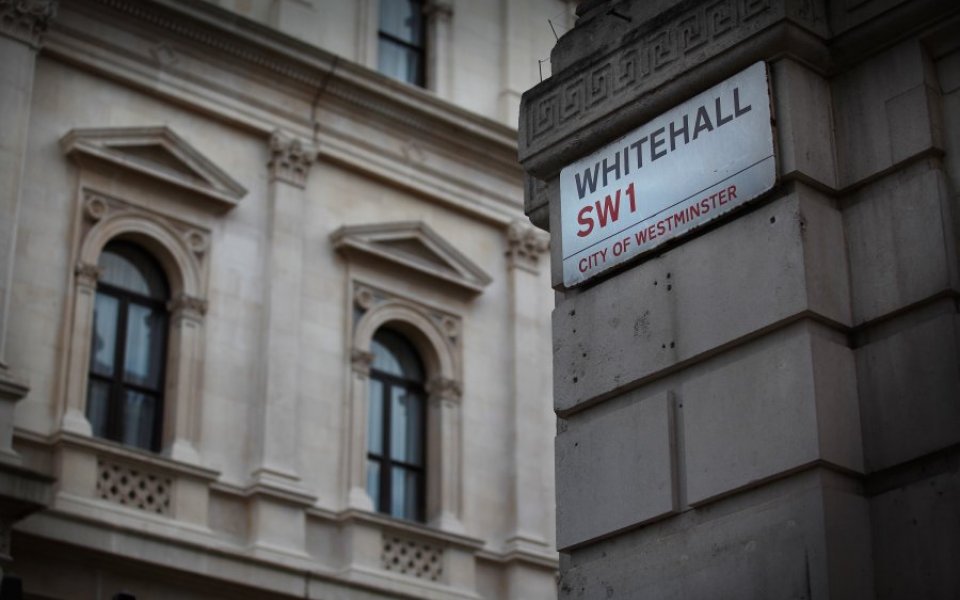Autumn Statement 2015: Here’s how much was cut from departmental budgets

Chancellor George Osborne has unveiled the full extent of his cuts to departmental budgets, with some protected and some undergoing extensive cuts.
Among other announcements, Osborne detailed how the police will suffer no cuts and while there will be £22bn in efficiency savings across the NHS, there will be £10bn a year increase in real terms in the health service budget by 2020.
Read more: Here's where departmental budgets were cut last year
The below chart shows the percentage change to administrative budgets from this year's baseline:

Source: Treasury
Some of these, however, are off the benchmark of 25 per cent – 40 per cent savings which the chancellor had charged departments with coming up with.
From the chancellor's speech in the House of Commons, departmental changes are as follows:
- Work and Pensions – 14 per cent in savings to the resource budget
- Health – 25 per cent cut to the Whitehall budget
- Business – 17 per cent cut
- Transport – 37 per cent from its operational budget
- Cabinet Office – 26 per cent budget cut
- Treasury – 24 per cent budget cut
- Culture, Media and Sport – Its core administration budget will fall by 20 per cent
- HMRC – The department will make savings of 18 per cent its its own budget through efficiencies
- Defra – The day-to-day budget will fall by 15 per cent
- Foreign Office – The budget is being protected in real terms
- Scotland, Wales and Northern Ireland Offices – All budgets protected in real terms
- Education – Schools budget protected in real terms, as well as financial support for education, including childcare and our extended further higher education will increase by £10bn.
- Defence: The review commits Britain to two per cent of income on defence
- International development: 0.7 per cent of national income will be spent on overseas development.
- Home Office: Resource savings of five per cent by 2019-20
Read more: Where will chancellor George Osborne make budget cuts and find savings
The Spending Review, the chancellor said, will result in day-to-day spending of government departments to fall by an average of 0.8 per cent a year in real terms, compared to an average fall of two per cent over the last five years. "So the savings we need are considerably smaller," Osborne added.